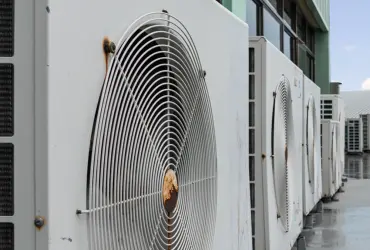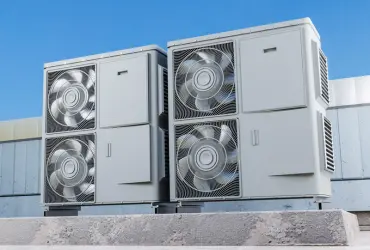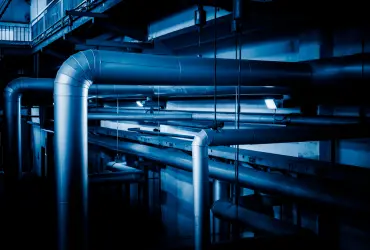Turn All Business Travel Into a Holiday
with a Team That Understands
What You Need
Upcoming Trade Shows in for Refrigeration

IFH - INTHERM 2026, Nurnberg, Germany
14 - 17 Apr 2026

Chillventa 2026, Nurnberg, Germany
13 - 15 Oct 2026

RACC 2026, Hangzhou, China
22 - 24 Oct 2026

GET Nord 2026, Hamburg, Germany
19 - 21 Nov 2026

AHR Expo 2027, Orlando, USA
25 - 27 Jan 2027

ISH 2027, Frankfurt am Main, Germany
15 - 19 Mar 2027

THERMMOTEC, Shanghai, China
Coming soon

C&R, Madrid, Spain
Coming soon
The industrial refrigeration industry will have an exciting year ahead as businesses scramble to employ the right innovative solutions to reduce environmental impact, enhance efficiency, and improve operational performance. Environmental regulations and climate change concerns are pushing the industry towards low Global Warming Potential (GWP) refrigerants. Traditional refrigerants like hydrochlorofluorocarbons (HCFCs) and hydrofluorocarbons (HFCs) are being phased out in favor of eco-friendly alternatives. Regulatory measures, including the EU F-Gas Regulation and greenhouse gas taxes, are accelerating the global transition to sustainable refrigerants, making their adoption an industry standard rather than just a trend.
The industrial refrigeration industry is also shifting towards greater energy efficiency through advanced technologies. Here, there are two technologies worth your attention—Variable Speed Compressors (VSDs) and Heat Recovery Technology. VSDs adjust speed based on demand, which is crucial in the prevention of energy waste and additionally lowers operational costs. In the mean time, heat recovery technology captures excess heat from refrigeration systems and repurposes it for water heating or other applications, which improves overall energy utilization. Similarly, the industry is investing in hybrid refrigeration systems that incorporate renewable energy sources such as solar and wind. Additionally, absorption chillers, which use excess heat instead of electricity, are gaining popularity in facilities with surplus thermal energy. These approaches reduce dependency on traditional power sources and contribute to sustainability goals. Flexibility is a key factor driving the adoption of modular refrigeration systems. These solutions allow businesses to expand cooling capacity based on fluctuating demand, maintain operations efficiently, as individual units can be repaired or replaced without shutting down the entire system.
The industrial refrigeration sector is poised for significant transformation in the coming years. As regulations tighten and sustainability takes center stage, companies that embrace low-GWP refrigerants, digitalization, and energy-efficient technologies will gain a competitive edge.
GET A FREE QUOTE
Looking for a hotel accommodation for particular trade show or exhibition.
Send us a general enquiry and we will find the best options for you
Send us a general enquiry and we will find the best options for you